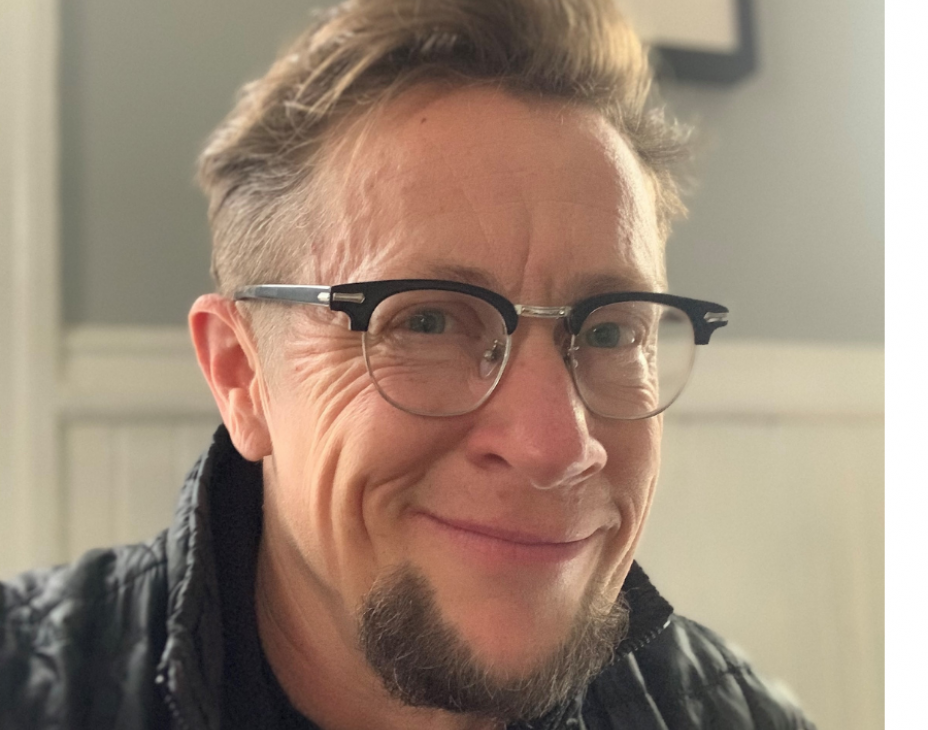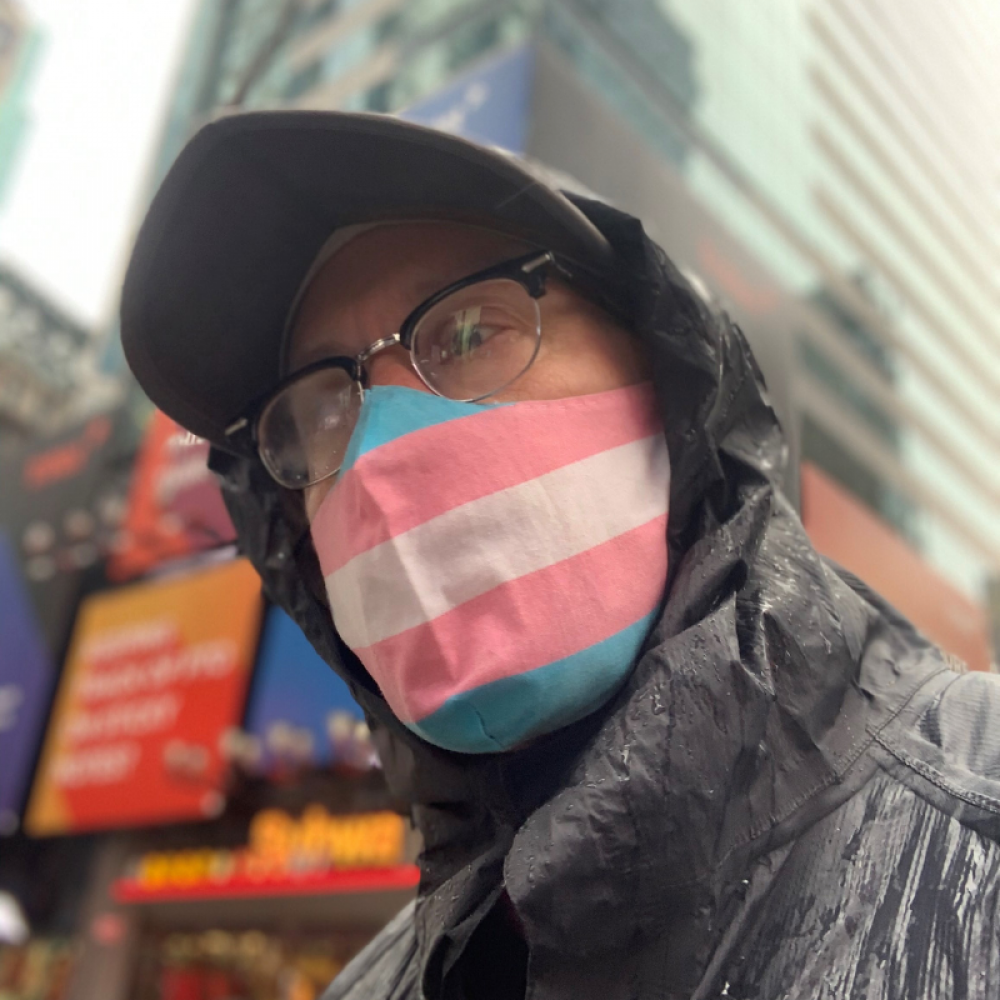Hear candid conversations between people conquering cancer – patients, their family and friends, and doctors and researchers working to help us all.

Scout, MA, PhD, executive director of the National LGBT Cancer Network, tells host Dr. Don Dizon why he believes dismantling the implicit bias LGBTQ+ patients often face begins with doctors and allies asking the uncomfortable questions and feeling comfortable admitting when they “just don't know what they don't know.”
If It Can Happen to Us
Navigating medical appointments and forming relationships with providers can be challenging for people who are LGBTQ+. Dr. Dizon shares the humiliation he once felt having to legitimize his parenthood to his child’s pediatrician.
“I remember thinking this happened to me as an oncologist, as a professional. And I can just imagine the types of oppression that our community goes through,” said Dr. Dizon.
Scout shared his frustration finding mental health services for his son.
"It took me till about the third meeting with the psychiatrist,” recalls Scout, “to realize all he wanted to talk about was the fact that I was trans, which had nothing to do with my son’s mental health whatsoever.”
It's OK to Ask
Scout says the most efficient way for doctors to improve the care they offer LGBTQ+ patients is to simply add a line to the intake form giving patients a chance to disclose their identity at the initial visit. This allows doctors the opportunity to show support and inquire about partners and support systems.
“One of the saddest things we hear is when we hear from a survivor who says that they didn't bring their partner because they were afraid,” said Scout. “And cancer is such an experience where you need all the support you can get.”
Asking LGBTQ+ patients about their identities may also help lead to better scientific data to improve the care they receive.
“We have some research showing that even in something as unsettling as an E.R. situation, 90 percent of LGBTQ+ people are willing to disclose if you ask them on a health record,” explains Scout, who believes the current data on LGBTQ+ patients is lacking.
”Nothing in our health world gets fixed without data as a starting point. You cannot write a proposal and get it approved, even research a topic unless you have enough data to show that there's a potential problem in this topic,” said Scout.
“So, what seems like a little innocuous, 'Are you LGBT?’ as a question on that health record is actually one of the most powerful questions we have. We're changing our health,” said Scout.
Why Pronouns Matter
“In my community, it's been common for quite a long time that we ask people the pronouns or we introduce ourselves with pronouns because they may not be what you expect. They may not be what you're reading from us whatsoever,” shared Scout.
Until there is a standard way for LGBTQ+ patients to identify, Scout says offering one’s pronouns is a clear way for everyone – especially care providers – to show patients they are an ally.
“Because it's such a low bandwidth way to basically hold out a rainbow flag and say - you don't say you're part of the community, because if you introduce yourself with pronouns, you're not saying that you're a queer person by any means - you're simply saying, ‘I'm trying to be welcoming’, said Scout.
Disclaimer
The purpose of this podcast is to educate and to inform. The podcast is provided on the understanding that it does not constitute medical or other professional advice or services. It is no substitute for professional care by a doctor or other qualified medical professional and is not intended for use in the diagnosis or treatment of individual conditions. Guests who speak in a podcast express their own opinions, experience, and conclusions. Neither Conquer Cancer, the ASCO Foundations, nor any of its affiliates endorses, supports, or opposes any treatment option or other matter discussed in a podcast. The mention of any product, service, organization, activity, or therapy on a podcast should not be construed as an endorsement. View disclosures for Don Dizon and Scout.
A leading patient advocate on why science needs more data from patients who are LGBTQ+ and how the cancer community can show its unconditional alliance to this population.
